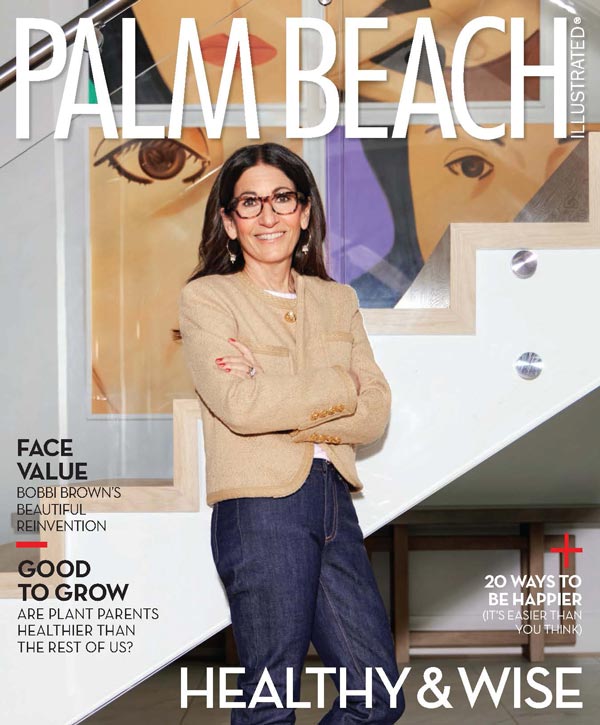Max Planck Florida Institute for Neuroscience is well known for scientific breakthroughs. But the Jupiter-based research organization has also discovered a unique way of packaging some of its findings for public consumption: pair them with music.
 |
| Dr. Hyungbae Kwon |
The Science Meets Music series sandwiches a scientific lecture between two chamber music pieces performed by local musicians. On February 17, the series arrived at the Royal Poinciana Chapel for a lecture entitled “Spines in the Mind: Exploring the Backbone of Learning” by Dr. Hyungbae Kwon, whose findings were auditorily augmented by the Mipmik Quartet from the Lynn Conservatory of Music at Lynn University.
“We’re really proud of this series because it helps people understand the science we do,” Dr. David Fitzpatrick, Max Planck Florida Institute’s scientific director and CEO, said at the event. It makes logical—and emotional—sense to pair science with music as each expresses and explores key parts of the human experience. Both fields also harness the power of precision, and many successful scientists also dabble in the arts. As Dr. Fitzpatrick noted Nobel Laureates in the sciences are 18 times more likely than average scientists to be an artist, 12 times more likely to be a poet, and four times more likely to be a musician.
Dr. Fitzpatrick described Dr. Kwon as a shy man but qualified that “there is nothing shy about the type of science he does.” Dr. Kwon began his lecture with a bold YouTube video of a red fox hunting mice in the snow in order to illustrate an animal’s capability to adapt. I won’t try to explain the intricacies of his research—for I would surely fall short—but Dr. Kwon is most concerned with understanding the mechanisms behind how learning and experiences remodel brain circuits. He and his team are exploring the dendritic spine (the basic structure of neuronal connections), focusing on how they are formed and how they communicate with one another.
The Mipmik Quartet accented Dr. Kwon’s lecture with two performances. They began the evening with Hugo Wolf’s Italian Serenade, a jovial composition that sees the melody passed between the two violins. They closed it with Béla Bartók’s String Quartet No. 1, Op. 7, a textured and compelling ode to unrequited love. The latter is a rather long piece that took the audience on an emotional roller coaster that surely mimics the composer’s distraught feelings. Mipmik played it with aplomb and left the audience hungry for just one more movement.
Max Planck Institute Florida’s Science Meets Music series has one more 2016 presentation, which will take place at The Benjamin School’s Upper School in Palm Beach Gardens on March 29. The event is free but an RSVP is required. For more information, visit maxplanckflorida.org
 |
| The Mipmik Quartet |









Facebook Comments